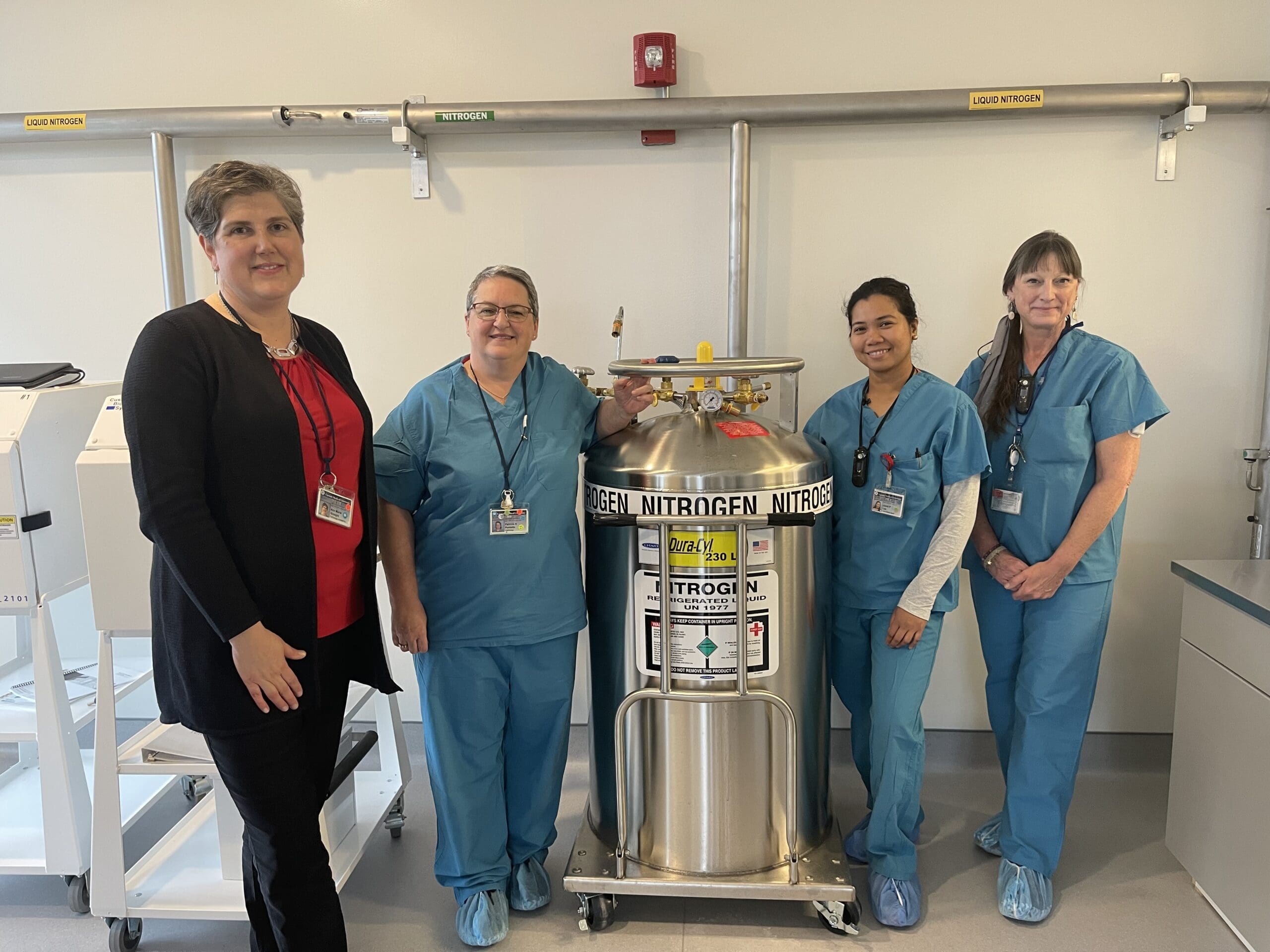Dining Out with Your Sweet Heart
By Kelly Spring, RD
Can we be heart-healthy with the dining out indulgences accompanying Valentine’s Day?
It is possible; you can still eat out without harming your sweet beating heart. From choosing what to drink to ordering dessert — yes, I said the “D’” word — here are my favorite heart-healthy tips.
Make a healthy beverage choice
Red wine is a great heart-healthy choice. It contains a healthy flavonoid called resveratrol.
Drinking a lot of water is key. This will not only help prevent you from overeating; hydration is important for heart protection. Dehydration actually makes your heart work harder. A 2002 study published in the American Journal of Epidemiology showed those who drink five or more glasses of water a day have a significantly lower risk of developing heart disease than those who drink less water.
Make a wise appetizer and entrée selection
The foods that will hurt your health are those high in saturated fat, trans fat, sodium and sugar. The foods your heart will love are high in healthy fat, lean protein and fiber. It’s often hard to find a healthy appetizer. Avoid anything fried, and dips as well. Some dips sound healthy — spinach artichoke for example — but they’re loaded with saturated fat, thanks to the high-fat cheese and cream used to prepare them. I tend to choose things like spring rolls or a salad. Guacamole is also a decent appetizer choice; it’s loaded with healthy fats and fiber.
Moving on to the entrée: avoid anything with trans fat, meaning mainly anything fried. If you see the words sautéed, pan-seared, crispy, scalloped or pan-fried, dodge those dishes! They’re loaded with fat. Instead, choose foods that are steamed, broiled, grilled, poached, baked or roasted.
Recognize that many sauces are not smart choices. Deny anything prepared with butter, and steer clear of cream sauces. There’s a reason fettuccini alfredo is referred to as “heart attack on a plate.”
Your heart loves fish; if it’s on the menu and prepared healthfully, order it. Fish is the best source of omega-3 fatty acids. The American Heart Association states, “Omega-3 fatty acids benefit the heart of healthy people, and those at high risk of — or who have — cardiovascular disease. Omega-3 fatty acids decrease cholesterol and triglyceride levels and lower blood pressure.”
The AHA recommends at least two servings of fish a week. Fatty fish like salmon, mackerel, herring, lake trout, sardines and albacore tuna are high in omega-3 fatty acids.
If you’re not a fan of fish, choose lean meats like chicken or turkey breast. Red meat isn’t a wise choice when trying to protect your heart; the saturated fat has long been linked to heart disease.
Fill up on fiber. Research shows fiber lowers cholesterol. Look to your side dishes for fiber. Some of the best choices include: broccoli, leafy greens, peas, Brussels sprouts, sweet potatoes and any type of bean. Whole grains are also an incredible source of fiber — think quinoa, brown rice, wild rice, barley, etc.
Another thing to keep in mind when dining out is portion control. Restaurant dishes are often double the size we should be eating. Eat half, and save the rest for the next day’s lunch. This will allow room for dessert!
Make a healthy ending
Split dessert with your date.
If there happens to be dark chocolate molten cake or mousse on the menu, go for it. Dark chocolate is loaded with antioxidants. It’s good for the heart and circulation. A recent study found that dark chocolate helps prevent your arteries from clogging. It’s also been shown to reduce levels of “bad” cholesterol and raise levels of “good” cholesterol.
Any dish with fruit is also a smart move; like veggies, fruit is a fabulous source of fiber.
Dining out is an American way of life. Enjoying quality food is your right. Stick to those heart-healthy tips, and you can dine out without regret. SWM
Kelly Springer, founder of Kelly’s Choice, LLC, has worked as a clinical, residential, bariatric, community, retail and media dietitian. Her company consults with food companies, colleges, sports teams, school districts, restaurants, medical practices, television stations and work places. For more information, visit kellyschoice.org.





